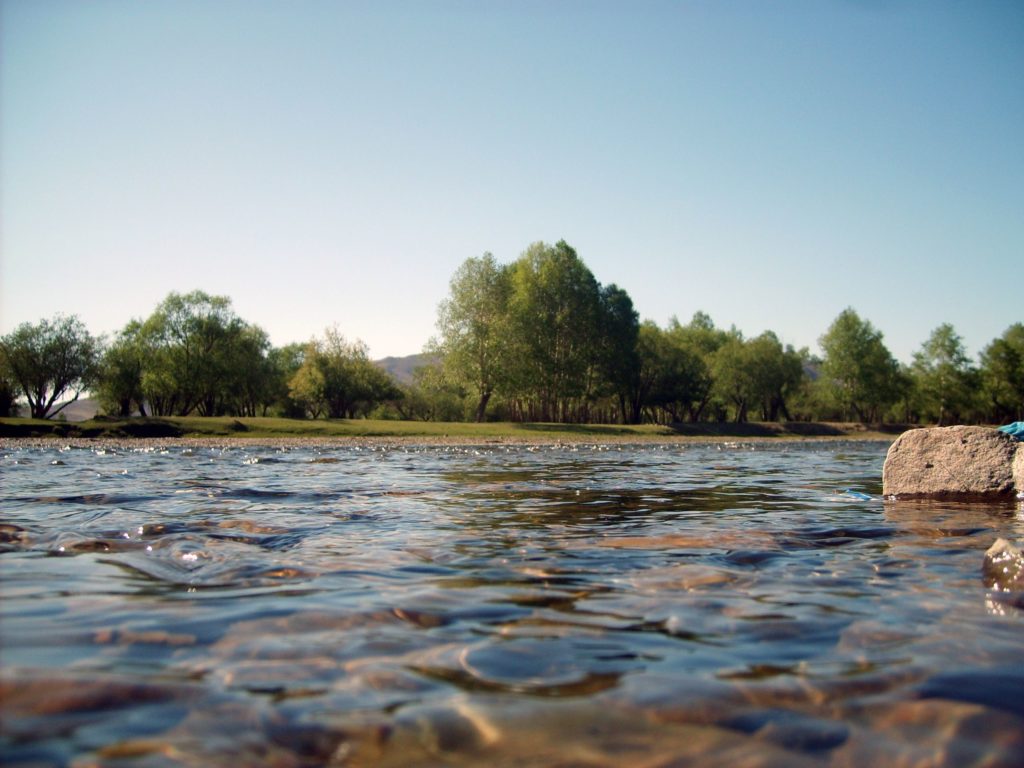Clean water
It all begins with clean water. It is what keeps us going.
This should be a no-brainer for everyone everywhere but it’s not. A girl shouldn’t have to miss school because she had to fetch water for the rest of the family. We really can normalize having clean what. Could you join us? Together, we are helping communities and families break free from water poverty thereby changing their lives for good.
And while drilling water and installing taps is essential to our work, we do so much more. From championing inclusive quality education, water is just the beginning! We really have made tremendous progress. Still, we have a long way to go and we need your help in bringing clean water to everyone in the community. And we mean EVERYONE EVERYWHERE.
Life without clean water?
While this may seem inconceivable, for millions of people around the world and hundreds of people in the Muanda community, in particular, it is a day-to-day phenomenon.
Water crisis affects gender equality
Women’s lives are transformed by clean water, which enables them to reach their full potential. Girls fetch water for their families every evening and frequently pretty early in their development. Girls have far less time owing to this to complete their homework and be girls. They miss out on childhood joys since they undertake family responsibilities early in life.
Most of them miss school during their periods because there is not enough water to take baths when they need them the most. We strongly believe that a period should be at the end of a sentence, not end a girl’s dream. You can help change that by joining us in educating women and offering them opportunities to live more meaningful lives and be the best version of themselves. We all know that Investing in menstrual hygiene management (MHM) can help get girls to thrive and get right back in school.
THE WATER CRISIS- FACTS AND STATISTICS
According to WHO/UNICEF (2021), there has been progress on household drinking water, sanitation, and hygiene between 2000-2020. Joint Monitoring Program, World Health Organization report indicates 771 million people in the world do not have clean water close to home. Globally, 31% of schools don’t have clean water, and 34% lack decent toilets.
Every minute, a newborn dies from an infection caused by a lack of safe water and an unclean environment. Diarrhea caused by dirty water and lack of proper toilets kills a child under 5 every 2 minutes (The Institute for Health Metrics and Evaluation 2018). The statistics are sobering.
Globally, over 1.42 billion people, including 450 million children, live in areas of high, or extremely high water vulnerability, according to a new analysis released by UNICEF. This means that 1 in 5 children worldwide does not have enough water to meet their everyday needs. As you can glean from this, collecting water is often an immense waste of time for women.
Beyond lacking access to quality education, Many governments also lack the wherewithal to fully support programs geared towards women. All too often, girls are compelled to stay home from school during their periods. As a result, they miss anywhere from 10 to 20% of school days, oftentimes dropping out of school altogether. Usually, the cost of sanitary pads is simply too costly, causing many girls to skip school during their periods.
UNICEF has estimated that roughly 1 in 10 girls in Africa miss school because of their periods each year. The advantages of educating girls are far-reaching. We need to do more.






